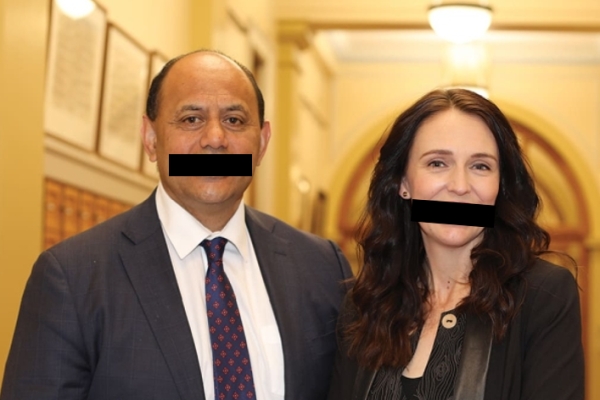Published on the 04/11/2022 | Written by Heather Wright

While Australia’s historic code is reviewed…
The New Zealand government is declining to comment on suggestions it’s already working on legislation that would force tech platforms such as Meta and Google into commercial negotiations with Kiwi news publishers.
Any moves from New Zealand would come more than a year after Australia moved swiftly to implement the world-leading News Bargaining Code which forced Google and Meta to pay for local news.
A review of that Code, developed to ensure digital platforms fairly remunerated news businesses for content they generated, thereby helping sustain public interest journalism in Australia, is currently underway.
“We urge the digital platforms to continue negotiating in good faith.”
The Australian Code has seen Google make deals with essentially all qualifying media, including smaller outlets, and, along with deals struck by Meta, has injected more than AU$200 million into Australian journalism, Rod Sims, former chair of the ACCC which initiated the code, has previously said.
In New Zealand, however, negotiations between the platforms and publishers has been slow.
While some big players, including NZME, have managed to strike deals with Google – in a move that saw it break rank with other media outlets to reach its own agreement – others have been left out in the cold.
In August the Commerce Commission reached a preliminary view that the News Publishers’ Association should be allowed to collectively negotiate with Meta and Google over payment for content.
Earlier this week, the SMH quoted unidentified sources saying that, frustrated at the lack of action between key stakeholders and the platform companies, the New Zealand government is already drafting its own legislation.
Both broadcasting minister Willie Jackson and digital economy and communications minister David Clarke – part of a government which famously promised to be ‘the most open, most transparent Government that New Zealand has ever had’, before rolling back that promise in 2018 and admitting it had failed to live up to that brief – failed to respond to questions about the alleged legislation and any plans around it, this week.
In August Willie Jackson, having just taken over as new broadcasting minister, was talking tough.
While he noted in a The Fold podcast in early August that ‘you only bring legislation if they can’t cut proper deals with the industry’, within weeks he was indicating he was running out of patience with Google and Meta over the length of time it was taking for them to make deals with publishers.
Then, he said he had a regulatory backstop in his back pocket – and suggested he wasn’t afraid to use it, going so far as to suggest he would intervene within three months.
That backstop is the potential for legislation along the lines of Canada’s proposed Online News Act which, like the News Bargaining Code would force Meta and Google into revenue-sharing agreements with news providers.
Canada’s plans prompted threats from Meta last month that it might stop Canadians from sharing local news content.
The Australian Code also faced similar threats in 2020 before it was passed. Facebook briefly blocked all news content from Australian publishers – also inadvertently blocking other information including health and emergency and government pages – before a compromise was reached with the government saying it might not apply the code to Facebook if the company signed enough deals with outlets.
Earlier this year as the News Media Bargaining Code review kicked off, the Morrison government said it was ‘pleased’ to see progress by both Google and Facebook in reaching commercial agreements with media businesses, saying since February 2021, the two platforms had entered into around 30 commercial agreements. However, it noted some smaller and independent news organisations had expressed concerns that they had been unable to reach commercial deals.
“We urge the digital platforms to continue negotiating in good faith to ensure that the review is able to consider the full extent of progress made under the Code,” it warned.
Australian publishers were asked earlier this year to share their views on the effectiveness of the code, with the report to the Treasurer and the Minister for Communications due to have been finalised in September.
A consultation paper was released earlier this year.



























